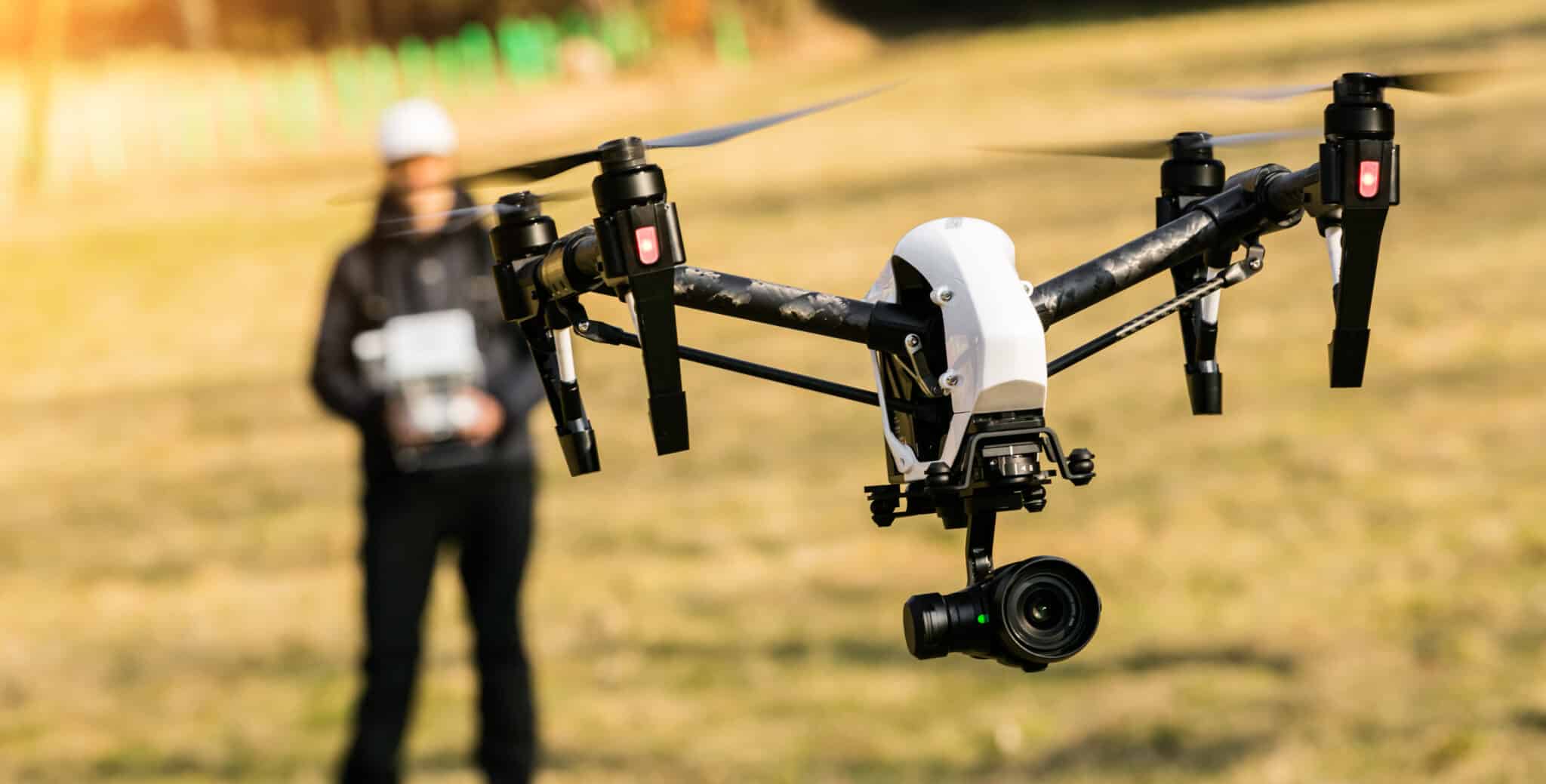Upgrading your appliances and electronics is a great way to make your life easier. But you should think of the safest and most environmentally friendly ways to dispose of them. Many states and towns regulate small appliance disposal, and your area could require recycling for this type of waste.
Here we lay out information about why you should recycle, how to sell or give away working items, and popular recycling options.
Recycling Helps the Environment
Recycling small appliances helps the environment by keeping harmful substances from contaminating soil or water, which can happen if they’re thrown away and end up in a landfill.
Many old appliances and devices contain toxic materials, including:
- Lead
- Cadmium
- Mercury
- Nickel
- Manganese
Meanwhile other minerals, like cobalt and graphite, are in short supply and dangerous to mine, so recycling those materials reduces our need to mine new metals and lowers the pollution associated with mining.
The Benefits of Recycling Small Appliances
Rechargeable batteries in devices like robotic vacuum cleaners can become fire hazards when punctured or exposed to heat. This is why recycling your old tech is not only environmentally friendly, but also important for safety. And this means your safety at home and for others, since many landfills burn trash to make space.
Recycling can also lower small appliance disposal expenses. Have you noticed that recyclers don’t usually charge a fee to dispose of appliances? This is because they can disassemble them and resell some of the materials inside. You may not realize, but many items contain computer chips with gold and other precious metals. Another example is the the electrical cords in your small appliances like coffee machines and vacuum cleaners which contain copper, another valuable metal.
According to the American Iron and Steel Institute, about 75% of an average appliance’s weight comes from steel. It’s the material that people recycle most often in the United States, and about 10% of recycled steel comes from appliances. Recycled steel, aluminum, and other metals retain their strength, so manufacturers can reuse these materials over and over. This is why most scrap metal recycling centers accept small appliances.
Consider Giving Away or Selling Working or Repairable Appliances
Small appliances are often very durable, and they can keep working even when they’re decades old. So if the item you want to dispose of works or needs a minor repair, consider selling it on social media or a website like eBay. Or, giving it to a friend or family member is a good option as well.
Meanwhile, many charities run thrift stores, and the profits they make from selling your old stuff help people in need. If you save the receipt from your donation, it’s possible to use your gift as a tax deduction and reduce next year’s income tax.
Recycling Options for Small Appliance Disposal
The options for recycling small appliances vary depending on where you live, but people near larger cities or towns have access to many of these choices.
Recycling Centers
Some landfills include recycling centers, and they accept small appliances if you deliver them.
Municipal Pickups
Some cities and counties also pick up hazardous materials, like old appliances, for recycling yearly or every few months. Check your city or county waste department’s website for more information.
Your local waste department can also let you know where to find the nearest scrap metal recycling facilities that accept small appliances.
Trade-In Programs
If you’re buying a new appliance, ask if you can trade in the old one you’re replacing. Some stores accept items for recycling, and you can sometimes get a discount when you recycle.
You can mail small appliances to these stores in some circumstances, and stores may even pay for shipping. These businesses will occasionally pick up larger appliances like refrigerators for a fee as well.
Preparing for Small Appliance Disposal Makes the Process Easier
Before you purchase a recycling box or deliver an item to a recycling center, it’s a good idea to check the company’s website or call them. You want to make sure that your small appliances are recyclable before you bring them to the recycling center.
For example, some companies won’t take TVs or computer monitors, and others charge a fee to accept them. Meanwhile, most recyclers don’t accept items with mercury, like thermometers and thermostats.
If a device is dirty, wash it before you reuse or recycle it. Some appliances, like blenders, have plastic components that may not be recyclable. In most cases, you can throw these parts away in your regular trash.
Mindful Small Appliance Disposal Matters
There are many ways to dispose of your household appliances, and it’s important to make sure your small appliance disposal has as little impact on the environment as possible. Proper small appliance disposal prevents hazardous materials from contaminating the land and water, while also helping to reduce the resources we consume.
But before you get rid of your home and kitchen appliances, consult your city’s waste disposal website to find out the right way to dispose of your unwanted items.






